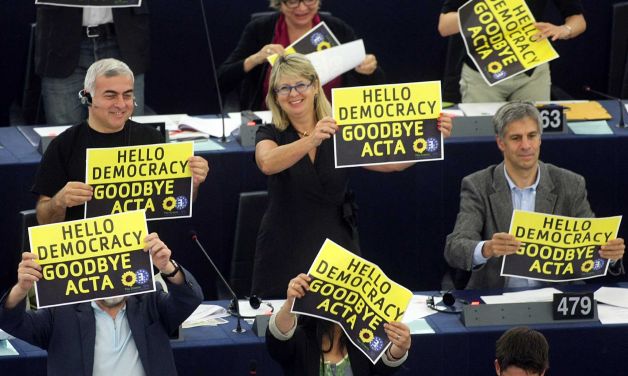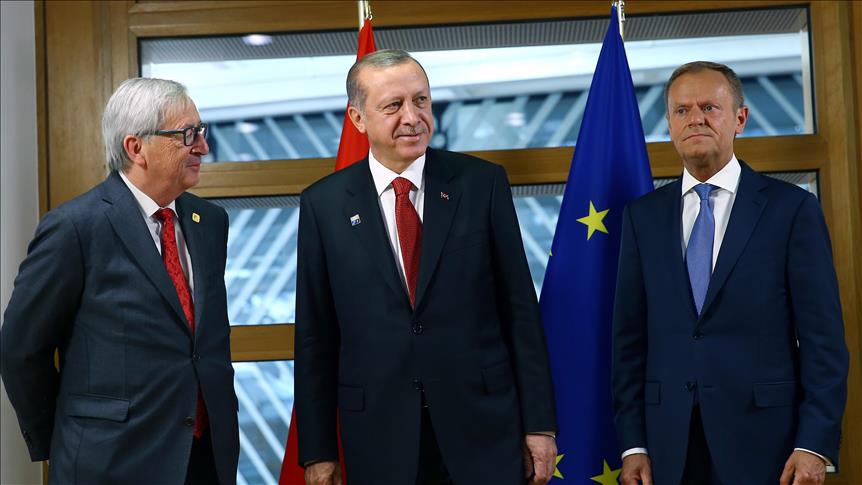
The European Parliament has definitely defeated the international ACTA anti-piracy agreement, after fears that it would limit Internet freedom mobilized broad opposition across Europe.
The controversial anti-counterfeiting trade agreement called ACTA, has been rejected by the European Parliament by a bewildering majority. It was intended to harmonize anti-counterfeit and copyright protection measures across all European Union member states and other signing countries, including the United States.
Internet activists rallied against ACTA when it was seen to be a legislative act that was far too broad, with criminal sanctions also found in the trade agreement.
Red light for ACTA / The European Parliament buried the controversial anti-piracy and anti-counterfeit treaty, ACTA
The European Parliament in Strasbourg voted 478 votes against, and only 39 in favour. There were 146 abstentions. ACTA was negotiated by the EU and its member states : the US, Australia, Canada, Japan, Mexico, Morocco, New Zealand, Singapore, South Korea and Switzerland to improve the enforcement of anti-counterfeiting law internationally.
The EU commissioner Karel De Gucht, responsible for the ACTA treaty, has been quoted as saying that a negative vote would not stop the commission from pursuing the current procedure before the Court. Although the European Court of Justice will still rule on whether ACTA is compatible with European Union law, the fact that the European Parliament has voted against it essentially means that a new bill must be written. Those seeking to pass ACTA will have to clarify, tighten, and resubmit the bill for ratification.
Anti-piracy treaty ACTA has been rejected by EU Parliament
ACTA stands for the Anti-Counterfeiting Trademark Agreement. It is a voluntary agreement between nations that covers a broad range of counterfeit goods, both physical and digital. However, for fans of the World Wide Web, it stirred up controversy for both the secretive ‘behind-closed doors’ way in which it was drafted, and the effect it could have on our online lives.
The ACTA campaign argued that the agreement would make ISPs liable for copyright infringements carried out on their networks, leading them to introduce surveillance technology to monitor their customers’ online activity. A ‘ Three strikes ‘ policy would also be forced upon Internet users, blacklisting them from ISPs after a series of warnings if they were found to have shared files illegally.
[adrotate banner=”48″]


